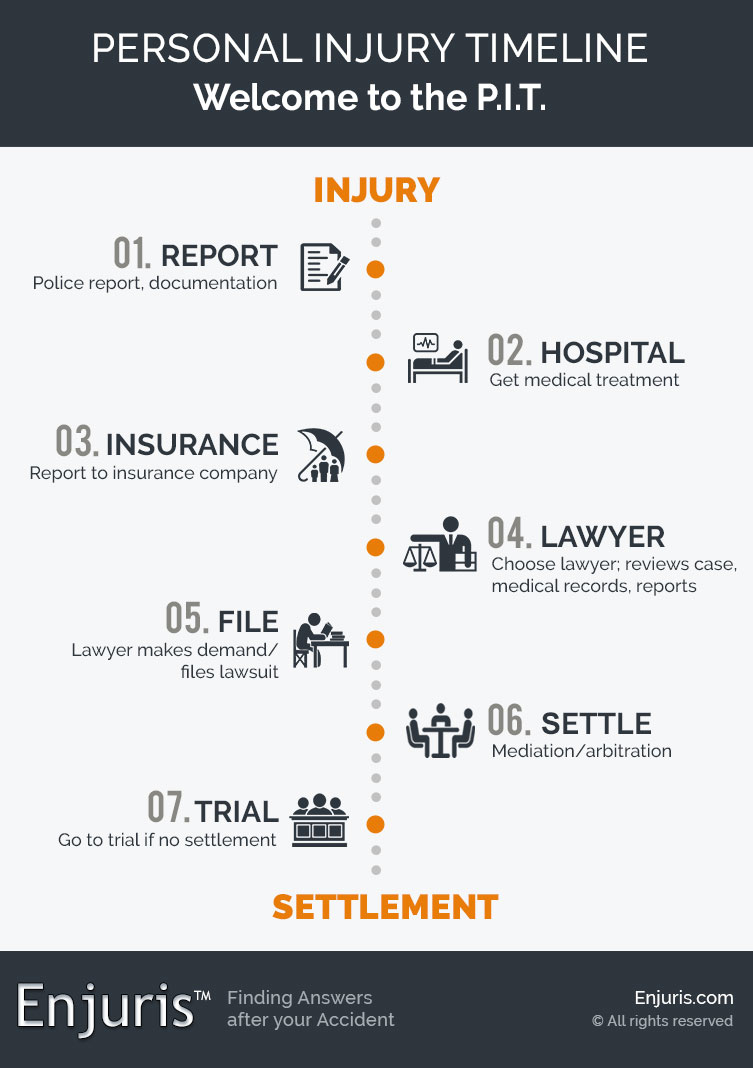Browsing Landlord-Tenant Legislation: Insights Genuine Estate Attorneys
Browsing Landlord-Tenant Legislation: Insights Genuine Estate Attorneys
Blog Article
Write-Up Writer-Solomon Mosegaard
When it comes to landlord-tenant legislation, understanding your civil liberties and responsibilities is important for both celebrations. You might believe you have a solid understanding on the basics, however there are frequently nuances that can capture you unsuspecting. Whether you're a proprietor handling a residential or commercial property or an occupant seeking a secure home, recognizing the lawful landscape can make all the distinction. What may stun you are the complexities associated with navigating disagreements and eviction procedures.
Recognizing Occupant Rights and Responsibilities
When you lease a residential or commercial property, it's critical to recognize your civil liberties and obligations as a lessee. You deserve to a safe and habitable living environment, meaning your landlord must maintain important services like heating, pipes, and power.
You're additionally entitled to privacy; property managers commonly need to supply notice before entering your device.
On the other hand, you're responsible for paying lease on schedule, maintaining the property clean, and not triggering damages past normal wear and tear.
Familiarize on your own with your lease contract, as it lays out details guidelines and responsibilities. Being aware of these aspects not only protects you but likewise cultivates a positive partnership with your property owner.
Keep informed, and you'll browse your occupancy more effectively.
Secret Proprietor Commitments and Legal Considerations
While you might understand your civil liberties as a renter, it's just as crucial to comprehend your landlord's commitments.
Landlords need to provide a safe and habitable living environment, guaranteeing that important systems like home heating, plumbing, and electrical power are in working order. They're also in charge of making necessary repairs promptly and sticking to regional building regulations.
Furthermore, property managers need to respect your personal privacy by offering proper notice prior to entering your unit, normally 1 day. https://zenwriting.net/carolyne09noel/thinking-about-selling-your-home-heres-why-a-property-lawyer-could-be need to handle security deposits according to state legislations, including returning them without delay after you leave, minus any authorized deductions.
Recognizing these obligations can help you keep a favorable partnership with your property manager and ensure your living scenario satisfies legal standards.
Navigating Disputes and Eviction Processes
Disagreements between proprietors and lessees can occur all of a sudden, making it critical for you to recognize the procedures involved in fixing them.
First, communication is vital-- try to discuss concerns straight to find a compromise. If that fails, familiarize yourself with your local legislations pertaining to conflicts and expulsion. Document everything: maintain documents of communications, settlements, and any kind of violations.
If expulsion ends up being required, guarantee you comply with the legal actions needed in your location, which often consists of offering written notification and a certain duration for resolution.
Be prepared to visit court if the circumstance escalates, maybe your only recourse. Recognizing these processes will assist you browse conflicts better and shield your rights as either a landlord or tenant.
https://www.charlotteobserver.com/news/business/development/article263042408.html
In summary, comprehending landlord-tenant legislation is important for both celebrations associated with a rental contract. By understanding your civil liberties and obligations, you can cultivate a much better living setting and prevent problems. If conflicts develop, bear in mind that a property attorney can aid lead you via the complexities of eviction processes and legal obligations. Remaining notified and positive will make sure a smoother rental experience, whether you're a landlord or a tenant.
